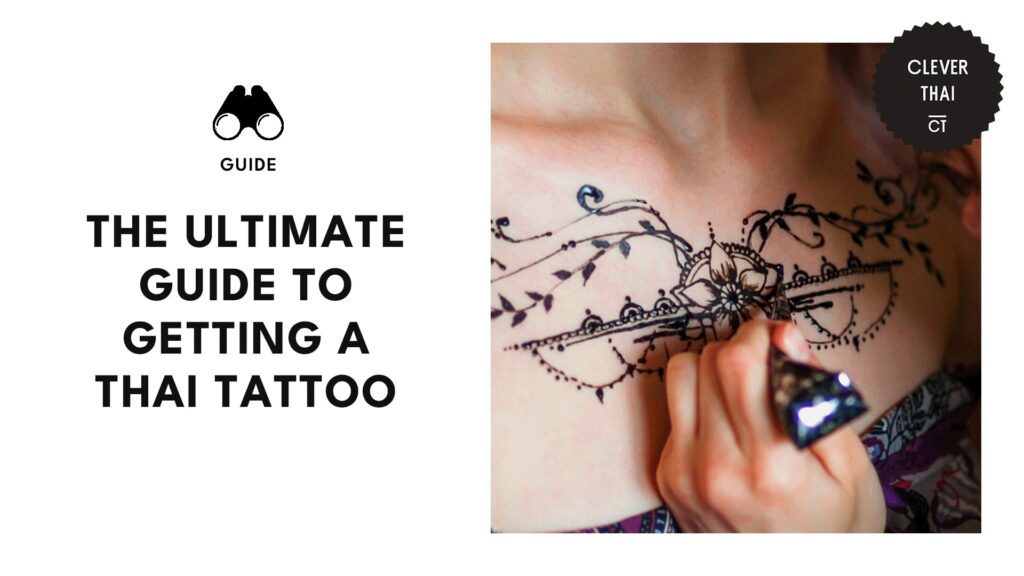Categories > Guides and Tips
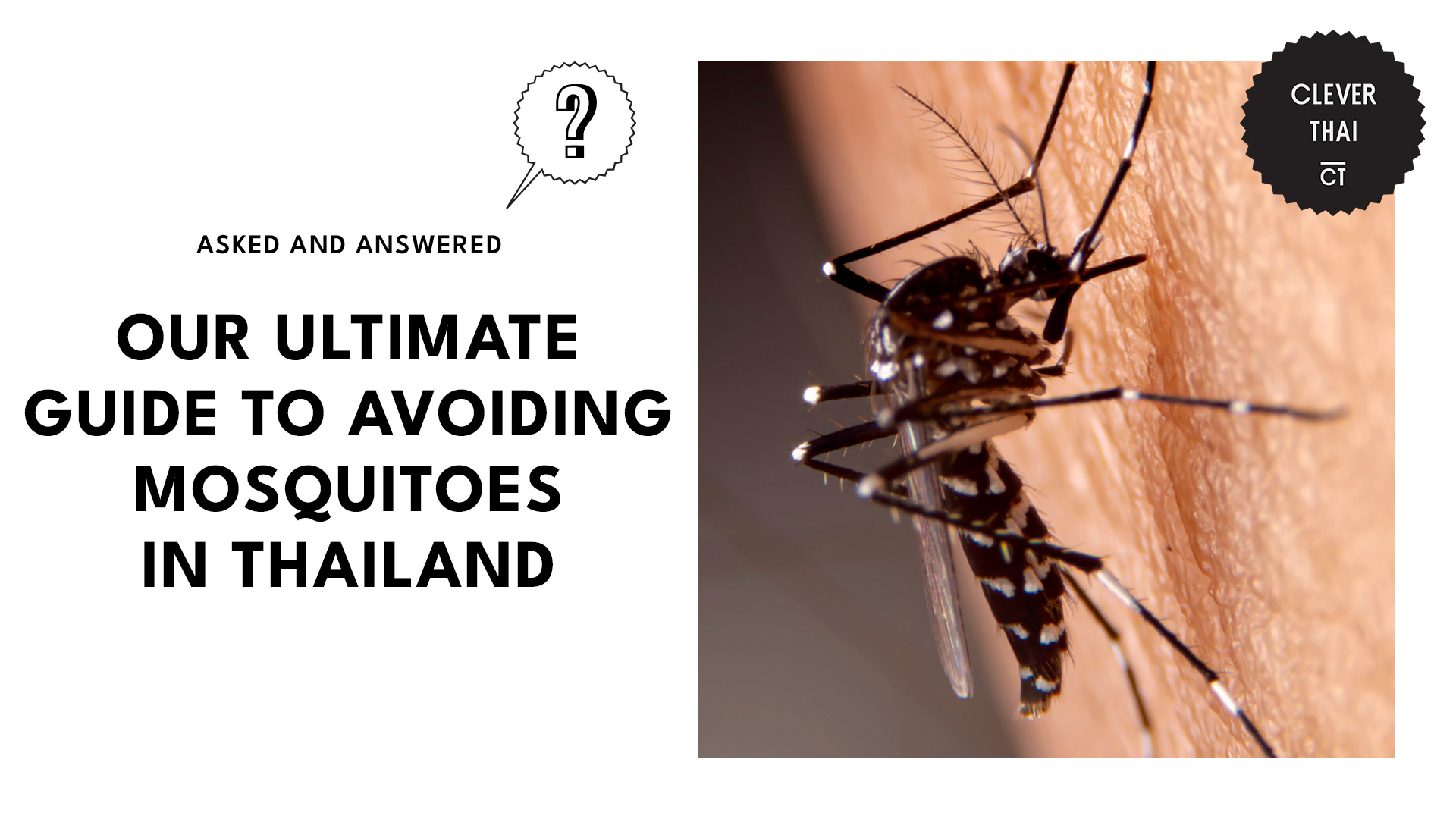
Our Ultimate Guide to Avoiding Mosquitoes in Thailand
- Why are Thailand mosquitoes attracted to certain people?
- Why are pregnant women at greater risk of mosquito bites?
- What are the common diseases spread by mosquitoes?
- How to Protect Yourself from Mosquitoes
- Use mosquito repellents
- Wear long-sleeved shirts and long pants to cover exposed skin
- Avoid going outdoors during peak mosquito activity times
- Install and repair window and door screens to keep mosquitoes out
- Use mosquito nets while sleeping
- Eliminate standing water in and around your home
- Use mosquito repellent devices
- Wear light-coloured clothing
- Stay in air-conditioned or well-screened areas
- What to Do if You Have a Mosquito Bite
- Clean the affected area with soap and water
- Apply an over-the-counter hydrocortisone cream or calamine lotion
- Take an antihistamine medication to alleviate allergic reactions and itching
- Avoid scratching the mosquito bite
- Apply a cold compress or ice pack
- Use aloe vera gel or a baking soda paste
- Take a warm bath with oatmeal or Epsom salt
- Use essential oils like lavender or tea tree oil
- Avoid wearing tight clothing over mosquito bites
- Consult a healthcare professional if the mosquito bite worsens
Looking to explore the beauty of Thailand without the nuisance of mosquitoes? Our ultimate guide has got you covered.
From essential tips on mosquito bite prevention to effective repellent strategies, this comprehensive guide will ensure you have a mosquito-free adventure in this enchanting country. Say goodbye to itchy bites and hello to an unforgettable Thai experience!
Why are Thailand mosquitoes attracted to certain people?
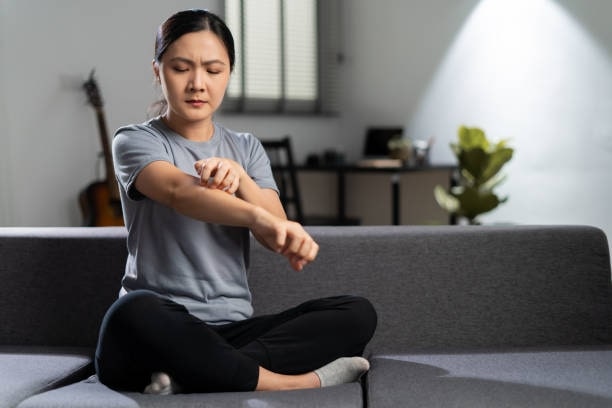
Mosquitoes in Thailand, just like anywhere else, can be picky when it comes to their dinner preferences. That said, they’re attracted to certain people based on a few factors.
Body odour: One of the main culprits is body odour. Mosquitoes have a keen sense of smell and are attracted to the lactic acid, uric acid, and ammonia present in our sweat.
Genetics: It turns out that some people are simply more genetically appealing to these buzzing pests. Certain individuals produce specific chemicals or compounds through their genetic makeup that mosquitoes find irresistible.
Blood type O: Believe it or not, mosquitoes also have preferences when it comes to blood types. Studies have shown that certain blood types, particularly type O, are more appealing to these tiny vampires.
Dark Clothing: While mosquitoes may not be fashion connoisseurs, studies suggest that they do show preferences for certain colours. Darker clothing, such as black or navy blue, seems to attract mosquitoes more than lighter colours.
Warm body temperature: Mosquitoes also have a thing for heat and moisture, making individuals with higher body temperatures more attractive to them.
If you tend to run a bit hotter than others or if you have a tendency to sweat more, you might unknowingly be signalling the mosquitoes to come and feast.
While it may not be possible to completely evade these buzzing insects, understanding these factors can help us take proactive measures to minimise mosquito bites.
Why are pregnant women at greater risk of mosquito bites?

Pregnancy is a beautiful journey but pregnant women, unfortunately, have a higher risk of mosquito bites. The main reason is that pregnant ladies tend to have a slightly higher body temperature, which can attract mosquitoes.
They also exhale more carbon dioxide, which is like a dinner bell for these pesky insects. Another factor is that pregnant women experience hormonal changes that can make their skin produce more volatile compounds, making them more attractive to mosquitoes.
What are the common diseases spread by mosquitoes?
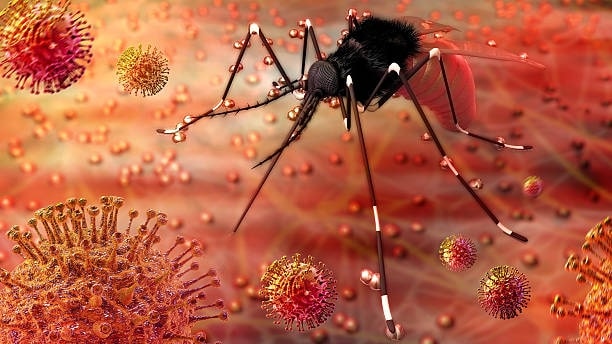
Malaria: Malaria is a life-threatening disease caused by parasites transmitted through mosquito bites. It can cause fever, chills, and flu-like symptoms.
Dengue Fever: Dengue fever is a viral infection that can lead to severe flu-like symptoms, including high fever, severe headache, joint and muscle pain, and rash.
Zika Virus: The Zika virus gained attention in recent years due to its association with birth defects in newborns. It can also cause fever, rash, joint pain, and conjunctivitis.
Chikungunya: Chikungunya is a viral infection that causes fever and severe joint pain. Other symptoms include muscle pain, headache, fatigue, and rash.
West Nile Virus: The West Nile virus can cause flu-like symptoms such as fever, headache, body aches, and fatigue. In severe cases, it can lead to neurological complications.
Yellow Fever: Yellow fever is a viral infection that can cause fever, jaundice (yellowing of the skin and eyes), and organ failure. It can be a severe and sometimes fatal disease.
Japanese Encephalitis: Japanese encephalitis is a viral infection that affects the brain. It can cause symptoms ranging from mild flu-like symptoms to severe neurological complications.
How to Protect Yourself from Mosquitoes
Use mosquito repellents
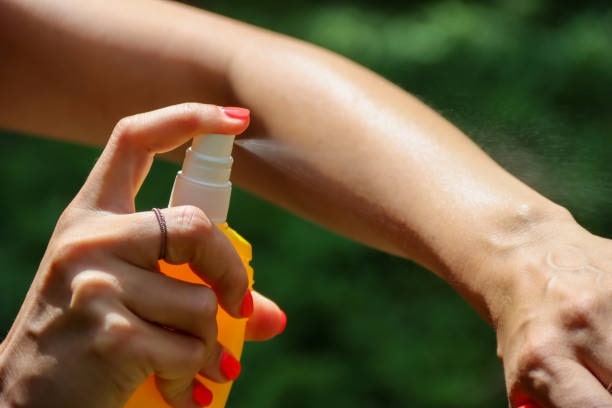
To keep those pesky mosquitoes at bay, don’t forget to arm yourself with mosquito repellents. Spray or apply repellents containing ingredients like DEET, picaridin, or oil of lemon eucalyptus to your exposed skin and clothing.
They work like a shield against those buzzing bloodsuckers.
Wear long-sleeved shirts and long pants to cover exposed skin

When you step outside into mosquito territory, gear up with long-sleeved shirts and long pants. By covering your exposed skin, you make it harder for mosquitoes to take a bite out of you.
Plus, you’ll look effortlessly stylish and protect yourself from sunburn at the same time.
Avoid going outdoors during peak mosquito activity times

Timing is everything when it comes to avoiding mosquitoes. Those little buzzers are most active during dawn and dusk, so try to limit your outdoor activities during those times if you can.
It’s a great excuse to catch up on your favourite TV shows or indulge in some relaxing indoor hobbies.
Install and repair window and door screens to keep mosquitoes out
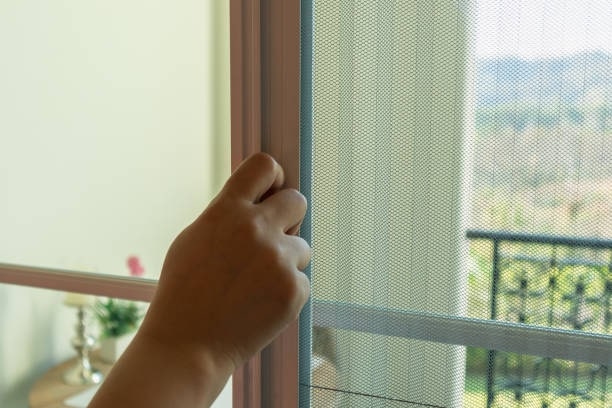
Fortify your defences against mosquitoes by making sure your windows and doors have proper screens. Those tiny gaps are an open invitation for mosquitoes to enter your sanctuary.
Keep them out by installing and maintaining sturdy screens that act as a barrier, letting you enjoy a mosquito-free environment indoors.
Use mosquito nets while sleeping
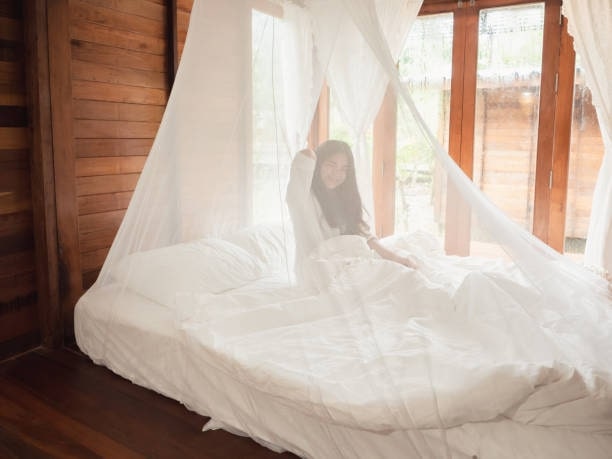
When it’s time to hit the sack, make sure you have a trusty mosquito net to keep those bothersome bugs away. Hang it over your bed to create a protective barrier and enjoy a peaceful, bite-free night’s sleep.
Eliminate standing water in and around your home
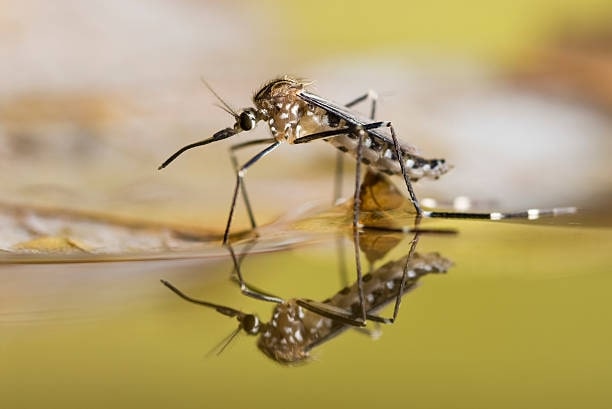
Mosquitoes love to breed in stagnant water, so be a mosquito detective and search for any areas where water collects. Empty out flower pots, buckets, and any other containers that may hold water.
Use mosquito repellent devices

Innovative mosquito repellent devices are here to save the day. From battery-operated gadgets that emit ultrasonic sounds to citronella candles and mosquito coils, these handy devices can help create a mosquito-free zone and add a touch of ambiance to your outdoor gatherings.
Wear light-coloured clothing

Mosquitoes have a soft spot for darker colours, so opt for light-coloured clothing to make yourself less appealing to these flying nuisances. Light hues not only help keep you cool in the heat but also make it harder for mosquitoes to spot their next target.
Stay in air-conditioned or well-screened areas

When the mosquito buzz becomes too much to handle, seek refuge in air-conditioned spaces or well-screened areas.
Not only will you beat the heat, but you’ll also create a barrier that keeps mosquitoes on the outside, allowing you to relax and enjoy a bug-free environment.
What to Do if You Have a Mosquito Bite
Clean the affected area with soap and water
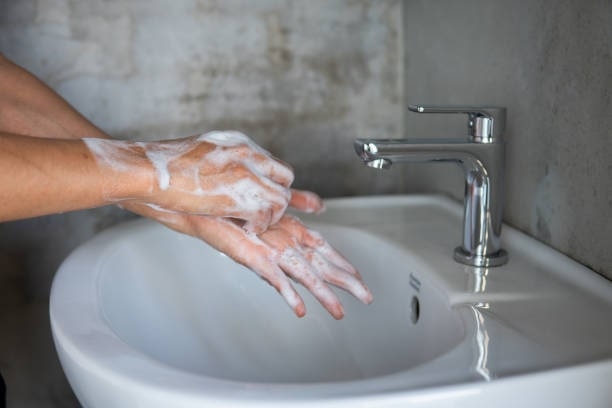
After getting a mosquito bite, start by cleaning the affected area with soap and water. This helps remove any dirt or bacteria and reduces the risk of infection.
Apply an over-the-counter hydrocortisone cream or calamine lotion

To soothe the itchiness and inflammation caused by a mosquito bite, apply an over-the-counter hydrocortisone cream or calamine lotion. These topical treatments can provide relief and help reduce swelling.
Take an antihistamine medication to alleviate allergic reactions and itching

If you’re experiencing severe itching or an allergic reaction to a mosquito bite, consider taking an antihistamine medication. These medications help reduce itching and minimise allergic responses, providing much-needed relief.
Avoid scratching the mosquito bite
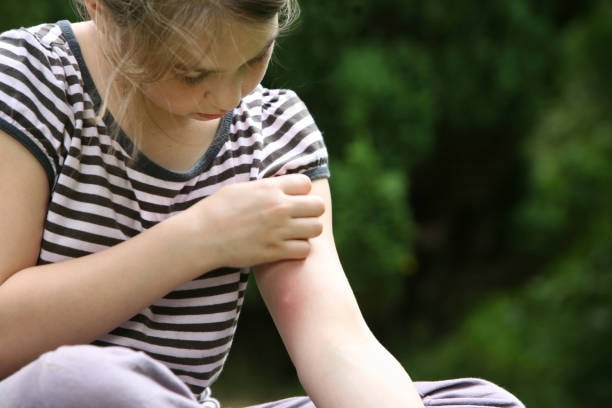
Although it can be tempting, try your best to resist the urge to scratch the mosquito bite. Scratching can further irritate the skin, increase the risk of infection, and prolong the healing process.
Apply a cold compress or ice pack
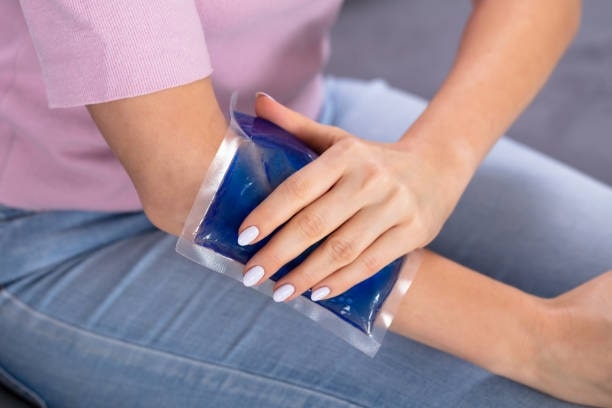
When a mosquito bite starts to itch, grab a cold compress or an ice pack wrapped in a cloth and gently apply it to the affected area. The cold temperature can help reduce inflammation and provide temporary relief from itching.
Use aloe vera gel or a baking soda paste

For natural soothing, try applying aloe vera gel or a baking soda paste to the mosquito bite. Aloe vera has cooling properties that can alleviate itchiness, while a paste made with baking soda and water can help reduce inflammation and relieve discomfort.
Take a warm bath with oatmeal or Epsom salt
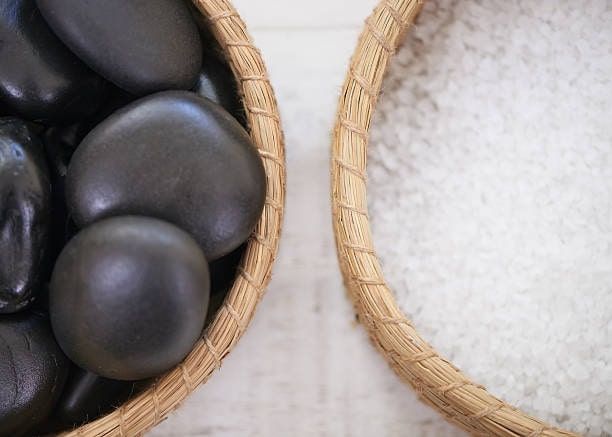
If you have multiple mosquito bites or widespread itching, consider taking a warm bath with oatmeal or Epsom salt. Both ingredients can provide relief by soothing the skin and reducing itching.
Simply add oatmeal or Epsom salt to your bathwater and soak for 15-20 minutes.
Use essential oils like lavender or tea tree oil
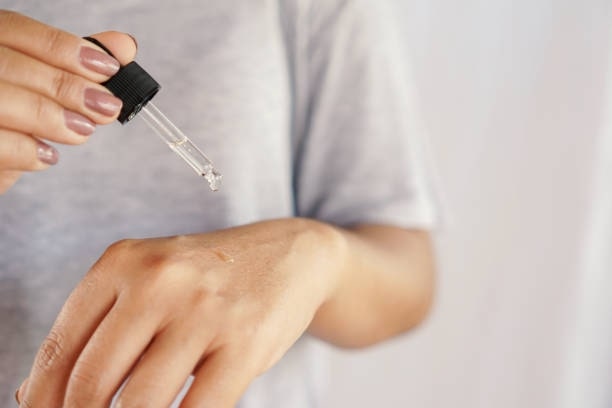
Harness the power of essential oils by applying a small amount of lavender or tea tree oil to your mosquito bite. These oils have soothing properties that can help alleviate itching and reduce inflammation.
Remember to dilute essential oils with a carrier oil before applying them to the skin.
Avoid wearing tight clothing over mosquito bites

To prevent further irritation, avoid wearing tight clothing over your mosquito bites. Tight clothing can rub against the bites and worsen itching and discomfort. Opt for loose-fitting attire to allow the skin to breathe and promote healing.
Consult a healthcare professional if the mosquito bite worsens

If your mosquito bite shows signs of infection, such as increasing redness, swelling, or discharge, or if you experience severe pain or develop a fever, it’s important to seek medical advice.
A healthcare professional can assess the situation and provide appropriate treatment, especially if you have an allergic reaction or if the bite becomes infected.



